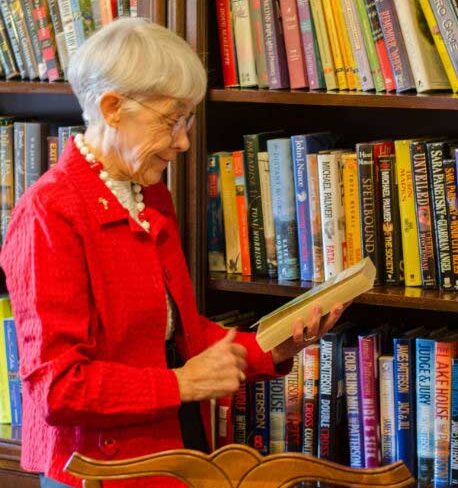We thought it might help family caregivers if we took time this week to explain the more common terms.
Senior Living Glossary of Terms
ADL: If you have started exploring assisted living communities, you’ve likely come across this term. It stands for “Activities of Daily Living.” These are the tasks a senior needs to complete on a daily basis. They include: eating, bathing, dressing, grooming, toileting, walking, and transferring to a chair or bed. In most communities, the amount of assistance a resident requires with ADLs is used to determine their monthly fees.
Ambulatory: When senior living communities are evaluating if a resident or potential resident is able to walk independently or not, they refer to it as ambulation. The term “ambulatory” indicates an older adult is able to walk without assistance. Non-ambulatory denotes a person who is unable to walk without help or is confined to a wheelchair or bed.
Assisted Living Community: An assisted living community is a professionally managed type of senior housing where residents have their own apartment or suite. In addition, they have on-site access to nutritious meals, life enrichment programs and activities, transportation, wellness programs and around-the-clock assistance from professional caregivers.
Independent Living Community: A senior living option that focuses on lifestyle, an independent living community is designed for the active senior. Residents typically live in an apartment or villa. Older adults who choose this type of housing are often looking for worry-free living and life enrichment programs. Transportation is also offered in many independent living communities.
Instrumental Activities of Daily Living (IADL): These tasks are different than ADLs. IADLs are the activities a senior must do to maintain their independence. Examples include coordinating health care appointments, arranging transportation, balancing a checkbook, planning menus and keeping their home in good repair.
Medication Management: This is one of the tasks many seniors who call an assisted living community “home” require assistance with. Medication management describes when and how to administer medication, as well as when to alert patients’ primary care physicians of potential problems.
Outpatient Rehab: Outpatient therapy is conducted at independent rehab clinics or in rehab centers that are attached to a health care center. Patients travel to the clinic for therapy and return home afterwards. Services include physical, occupational and speech therapy. A growing number of outpatient rehab centers also offer aquatic therapy.
Personal Care: This term is used to describe bathing, grooming, dressing, and other personal hygiene tasks. It is fairly common for adults who live in an assisted living community to require at least some assistance with these activities.
Respite Care: These short-term stays in an assisted living community are designed to help support both the senior and the family caregiver. When the family caregiver needs a break, respite care may be an option. An older adult can typically stay in a senior living community up to one month.
More Resources for Family Caregivers
To continue learning more about senior living and caregiving, we invite you to visit Resources for Families. We share educational information and news to help you navigate the maze of senior care options.
A Glossary of Common Senior Living Terms
March 6, 2020
